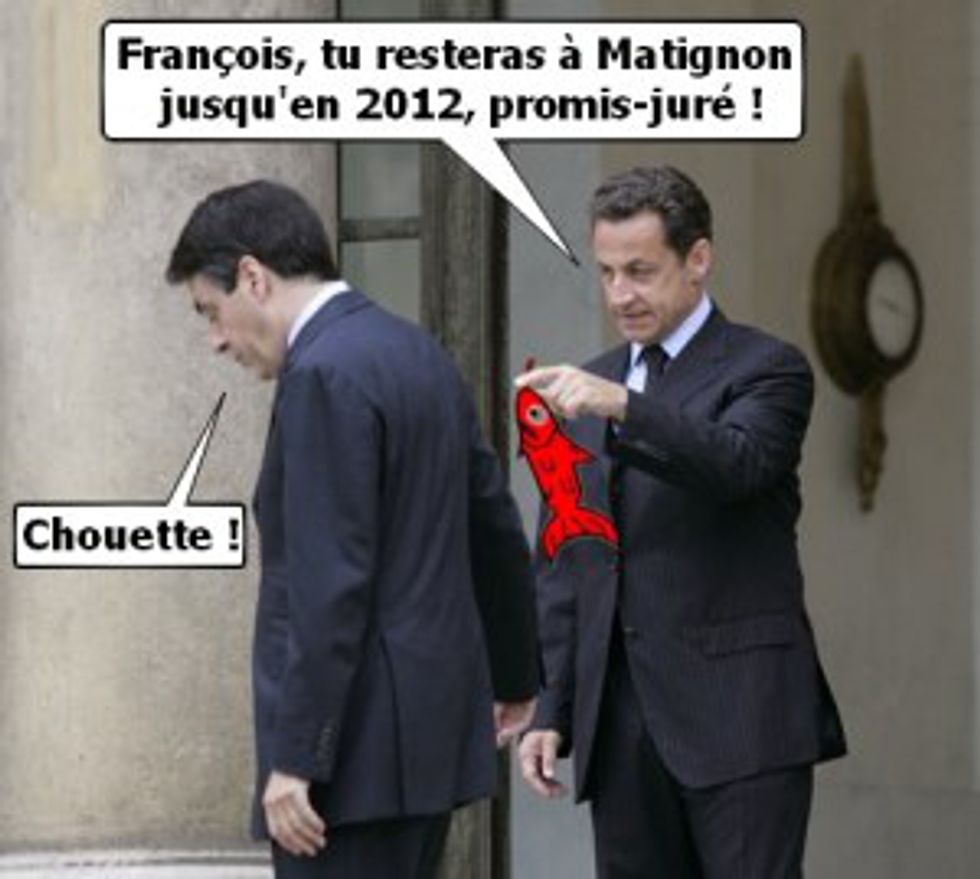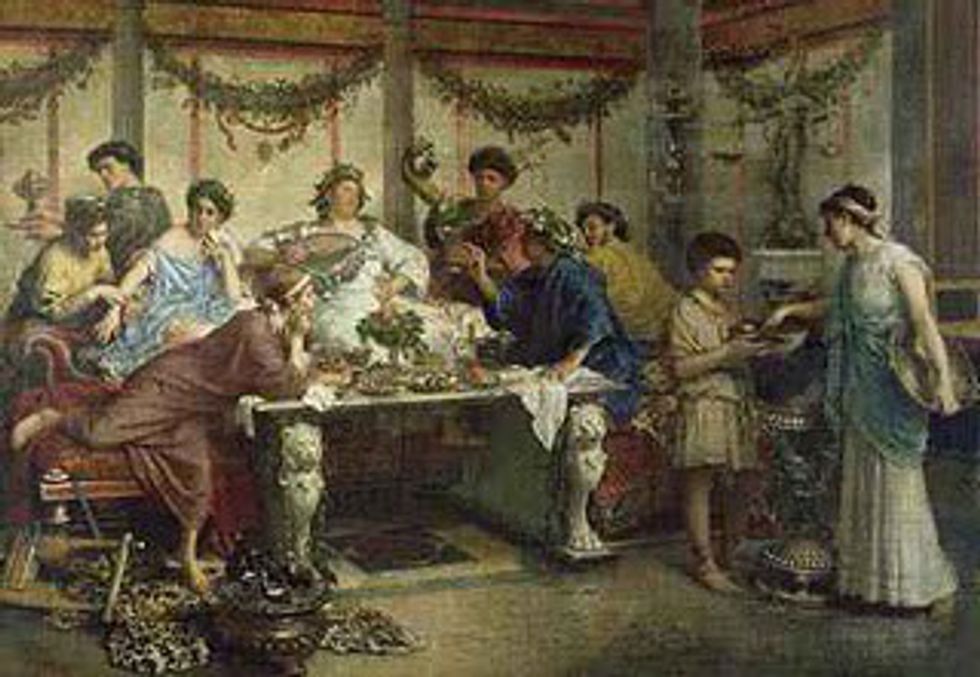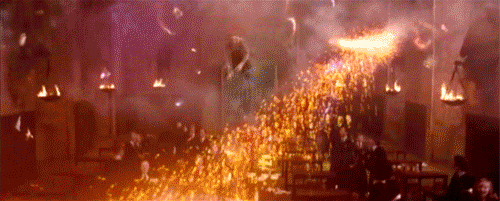In 1957, a respected BBC news program, Panorama, showed a report in which farmers in Switzerland were harvesting a crop of spaghetti from their spaghetti tree.
The day was the first of April, and it remains one of the largest and most well known April Fool's Day pranks ever played. People all over the United Kingdom called into BBC asking how they could grow their own spaghetti trees. The BBC replied, "place a sprig of spaghetti in a tin of tomato sauce and hope for the best."
From where does this habit of pranking each other on the first of April stem?
Is it from A.) Sixteenth Century France? Or perhaps from B.) The Vernal Equinox? Or even C.) The Greco-Roman Festival of Hilaria?
Well, actually historians do not know for sure, but it might have originated in part in all of them.
The Greco-Roman festival of Hilaria celebrated the mother of the gods, Cybele, and was celebrated in some cults around the Vernal Equinox. It was a day of merriment and people dressed in disguise.
The Vernal Equinox itself might also have played a part in the holiday's origin. Mother Nature is capricious around this time and 'fools' people as to the weather.
Yet the most substantial explanation dates the tradition to France. In 1582, Pope Gregory XII issued a degree, changing the calendar to have the new year start January 1, rather than March 1. Those who celebrated the New Year in April rather than January were called April fools. Those who had celebrated the new year months before took the opportunity to prank and ridicule their neighbors. French peasants even made visits to their neighbors to trick them into thinking they were New Year's calls. The French developed the tradition of calling those who fall prey to pranks "April fish" (poisson d'avril), as young fish are gullible and easily caught. Even today, they continue the practice of attempting to pin paper fish to each other's backs. The picture below, for instance, is a French meme from 2012.

The BBC is only one modern company to take part in this tradition (and it has more than once). Others include Taco Bell, which took out ads in 6 major newspapers in 1996 announcing their purchase of the Liberty Bell, soon to be the Taco Liberty Bell, and BMW, which has been running April Fool's advertisements since the early 80s.
Of course, school students get in the spirit as well. This prank on a teacher- done by students taking advantage of his cell phone policy- has over 50 million hits on Youtube.
Fred and George would be proud.






















